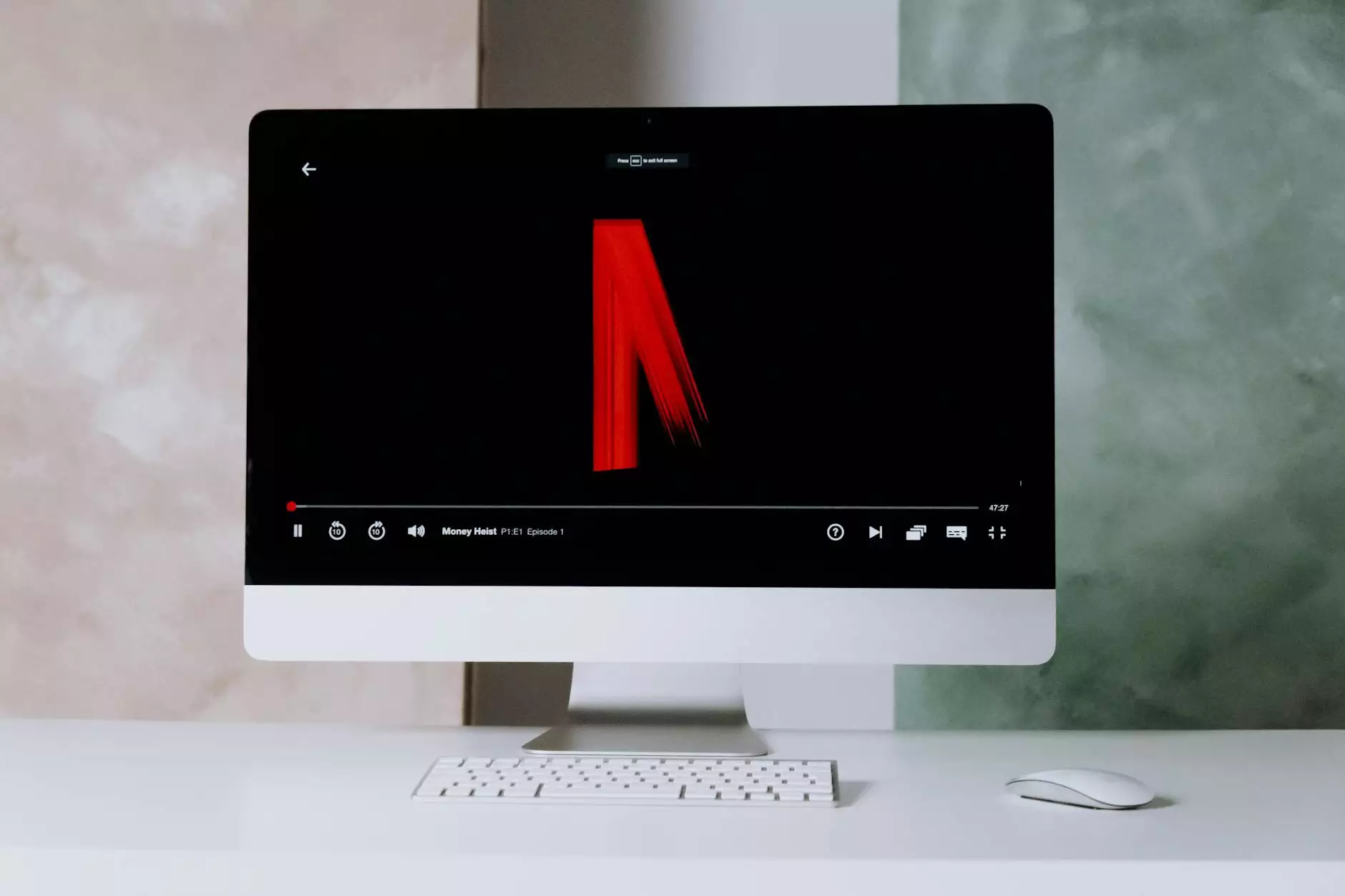The Crucial Role of a **Lung Doctor** in Modern Healthcare

In today’s fast-paced and health-conscious world, the importance of specialized medical professionals is undeniable. A lung doctor, or pulmonologist, plays a pivotal role in the realm of health and medical services, addressing a variety of respiratory issues that can significantly impact the quality of life. This article delves into the intricacies of what a lung doctor does, their importance in sports medicine and physical therapy, and how they contribute to overall health and wellness.
Understanding the Role of a Lung Doctor
A lung doctor specializes in diagnosing and treating conditions affecting the lungs and the respiratory system. This includes a range of disorders, such as:
- Asthma
- Chronic Obstructive Pulmonary Disease (COPD)
- Pneumonia
- Interstitial Lung Disease
- Lung Cancer
- Sleep Apnea
These professionals are trained to conduct various diagnostic tests, including:
- Pulmonary Function Tests (PFTs)
- Imaging Studies (X-rays, CT scans)
- Bronchoscopy
- Bronchoalveolar Lavage
Through these assessments, a lung doctor can formulate a comprehensive treatment plan tailored to individual patient needs, thereby enhancing patient outcomes and fostering recovery.
The Impact of Lung Health on Overall Wellness
The health of our lungs is vital to our overall wellness. The lungs are responsible for oxygenating our blood and removing carbon dioxide—a critical function for maintaining life. Compromised lung health can lead to system-wide implications, affecting energy levels, cognitive function, and general well-being.
A lung doctor not only treats existing conditions but also plays a significant role in preventive care. This involves:
- Education on smoking cessation
- Promoting respiratory health through exercise and proper nutrition
- Regular screenings for high-risk patients
By emphasizing prevention and early intervention, a lung doctor can significantly reduce the incidence of severe respiratory conditions, thereby improving the quality of life for patients.
Lung Health in Sports Medicine
In the domain of sports medicine, lung health is just as critical as musculoskeletal health. Athletes rely on optimal respiratory function to perform at their best. This is where the expertise of a lung doctor becomes essential.
For athletes, a few specific areas of focus include:
- Exercise-Induced Bronchoconstriction (EIB) – A condition where sport triggers symptoms similar to asthma.
- Altitude Training – Understanding how to safely train in higher altitudes to maximize lung capacity and efficiency.
- Respiratory Infections – Monitoring and managing conditions that can sideline athletes.
Through tailored programs, a lung doctor works with athletes to improve lung function, optimize performance, and prevent injury. This collaboration is crucial for ensuring that athletes can continue to excel in their respective sports without the hindrance of respiratory issues.
Integrating Lung Health into Physical Therapy
Physical therapy often involves rehabilitation that can include focusing on lung health. A lung doctor can collaborate with physical therapists to develop programs that enhance both physical and respiratory endurance. This integration is particularly beneficial for individuals recovering from:
- Lung surgeries
- Chronic illnesses that affect mobility and lung function
- Post-COVID-19 conditions, where respiratory function is severely compromised
By implementing breathing exercises, resistance training tailored for lung health, and education on lung mechanics, physical therapists can significantly aid recovery while a lung doctor monitors the physiological responses to exercise.
How to Choose the Right Lung Doctor
Selecting the right lung doctor is crucial for effective treatment. Here are some tips to consider when looking for a specialist:
- Qualifications: Ensure the doctor is board certified in pulmonary medicine.
- Experience: Look for a physician with a proven track record in treating specific respiratory conditions.
- Hospital Affiliations: Check what hospitals the doctor is affiliated with and their reputation.
- Care Approach: Find a doctor who values patient education and involves you in the decision-making process.
The Future of Respiratory Health: Innovations and Technologies
The field of pulmonary medicine is constantly evolving, with new technologies and practices emerging to improve lung health. Innovations such as:
- Telemedicine: Providing more accessible consultations and follow-ups.
- Wearable Technology: Allowing for real-time monitoring of respiratory function.
- Advanced Imaging Techniques: Enhancing diagnostic accuracy and treatment planning.
Such advancements are not only making it easier for patients to receive care but also enabling lung doctors to provide more personalized treatments tailored to individual patient needs.
The Importance of Collaboration in Healthcare
In today's healthcare landscape, collaboration among various health professionals is essential. A lung doctor often works alongside other specialists, such as:
- Primary Care Physicians
- Allergists
- Cardiologists
- Physical Therapists
- Occupational Therapists
This multidisciplinary approach ensures comprehensive care, addressing not only the lungs but the overall health of the patient. The interplay between various specialties fosters better health outcomes, as each professional can contribute their expertise to a shared care plan.
Conclusion: The Integral Role of the Lung Doctor in Healthcare
In conclusion, the role of a lung doctor extends far beyond treating respiratory illnesses. These specialists are at the forefront of not only treating but also preventing lung-related diseases and enhancing overall health. Their collaboration with other health professionals in fields such as sports medicine and physical therapy highlights the comprehensive nature of modern healthcare. By prioritizing lung health, individuals can improve their quality of life, engage more fully in their daily activities, and pursue their passions, all while ensuring that they breathe easy.
For those seeking assistance in respiratory health, consider reaching out to a qualified lung doctor to discuss your concerns and explore the options that can promote better health and wellness.









